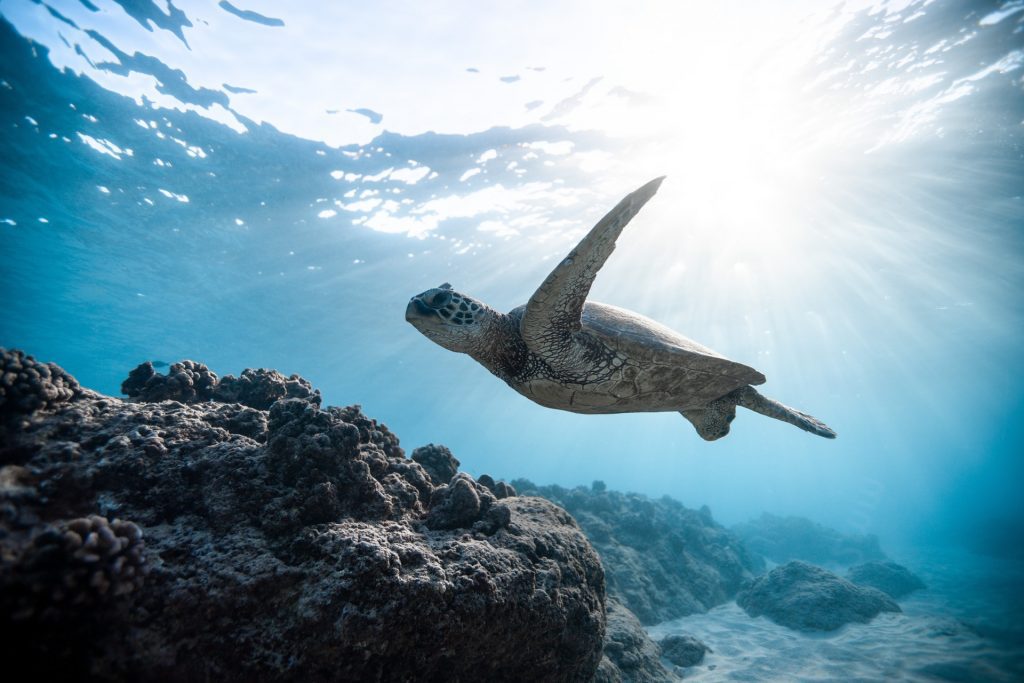

While there may not be Earth Day trash cleanups or hikes this year, as people across the globe are practicing social distancing and honoring stay at home orders, that doesn’t mean that the commitment to protecting the world’s ecosystem needs to waver. We’re honored that a number of Hawkins International clients are maintaining their commitment to protecting wildlife, even amid a global pandemic.
Supporting Africa’s Animals
In Africa, while many safari operations are currently on pause, tour operators remain committed to funding programs that support their local communities. These initiatives not only protect the area’s natural ecosystem but also guarantee employment for many individuals who work tirelessly for these causes.
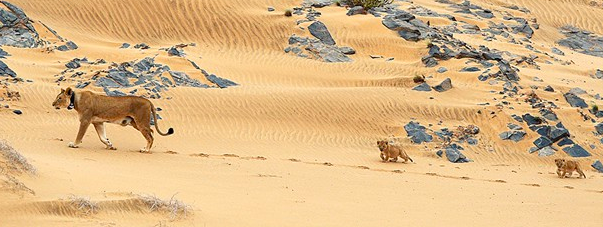
Wilderness Safaris’ non-profit partner Wilderness Wildlife Trust has allocated $20,000 towards the Namibia Desert Lion Conservation Project to ensure continuity of crucial work to mitigate human-lion conflict in northwest Zambia, home to one of the last free-ranging lion populations in Africa. In addition to protecting lions, Wilderness Safaris also has a partnership with Save the Rhino Trust Namibia and the Ministry of Environment and Tourism. Through this, they recently launched an entirely airborne anti-poaching operation, which, using two helicopters and a fixed-wing aircraft, monitors, dehorns and protects black rhino in north-west Namibia. The recent operation saw close to 50 rhinos dehorned in order to deter poachers.
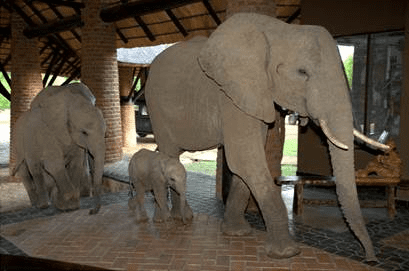
The Bushcamp Company is also addressing the pandemic by continuing and expanding conservation efforts in Zambia’s Luangwa Valley. To help combat threats to Luangwa’s wildlife, The Bushcamp Company continues to be a proud supporter of three local wildlife organizations – Conservation South Luangwa (CSL), the Zambian Carnivore Program (ZCP) and the Department of National Parks and Wildlife. The Bushcamp Company substantially increased their support for these organizations to ensure poaching doesn’t increase during the pandemic by providing a light aircraft for aerial anti-poaching and research activities, funding for 10-day anti-poaching patrols and 1-day anti-snaring patrols, with plans to expand on each.
Caribbean Conservation
In the Caribbean, supporting local wildlife and protecting the natural ecosystem continues to remain a priority. For The Westin Grand Cayman Seven Mile Beach Resort & Spa, they are protecting local reefs and vegetation through lionfish culling. These efforts, which come with a delicious payback as lionfish is on the menu at the resort’s restaurants, helps to preserve the beauty of the Caribbean Sea for all who visit.
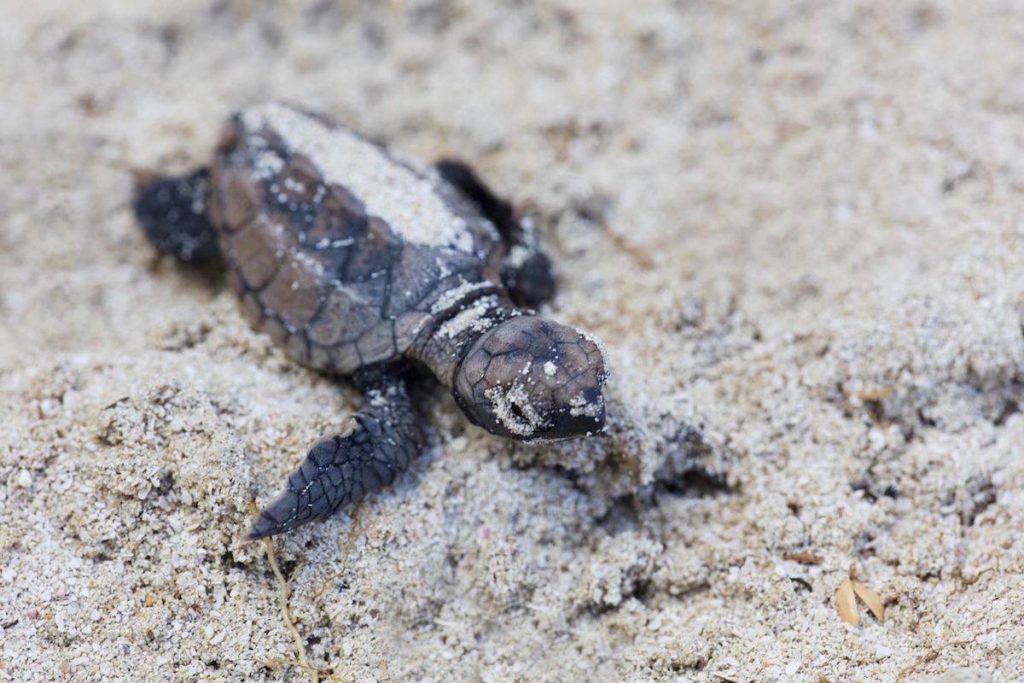
Angitua’s stunning Jumby Bay Island has its own Jumby Bay Fund, which supports the local community through education and conservation efforts. Their Hawksbill Turtle Project, the longest-running, privately funded initiative of its kind, focuses on the study of this endangered species and works to ensure its survival and recovery. Since its inception in 1987, over 450 turtles have been individually identified and tagged, and hundreds of thousands have scurried into Jumby Bay’s own Pasture Bay to begin their life journeys.
United States Initiatives
When travel resumes, one of the first places on our list is Montage Palmetto Bluff. It’s stunning 20,000-acre community features the Palmetto Bluff Conservancy, which is made up of more than 100 acres of pristine land and wildlife. Dedicated to increasing visitor’s understanding of the natural environment, the Conservancy team is involved in research initiatives such as monitoring bald eagle nests, the analysis of antebellum artifacts and more, all of which guests can participate in.
